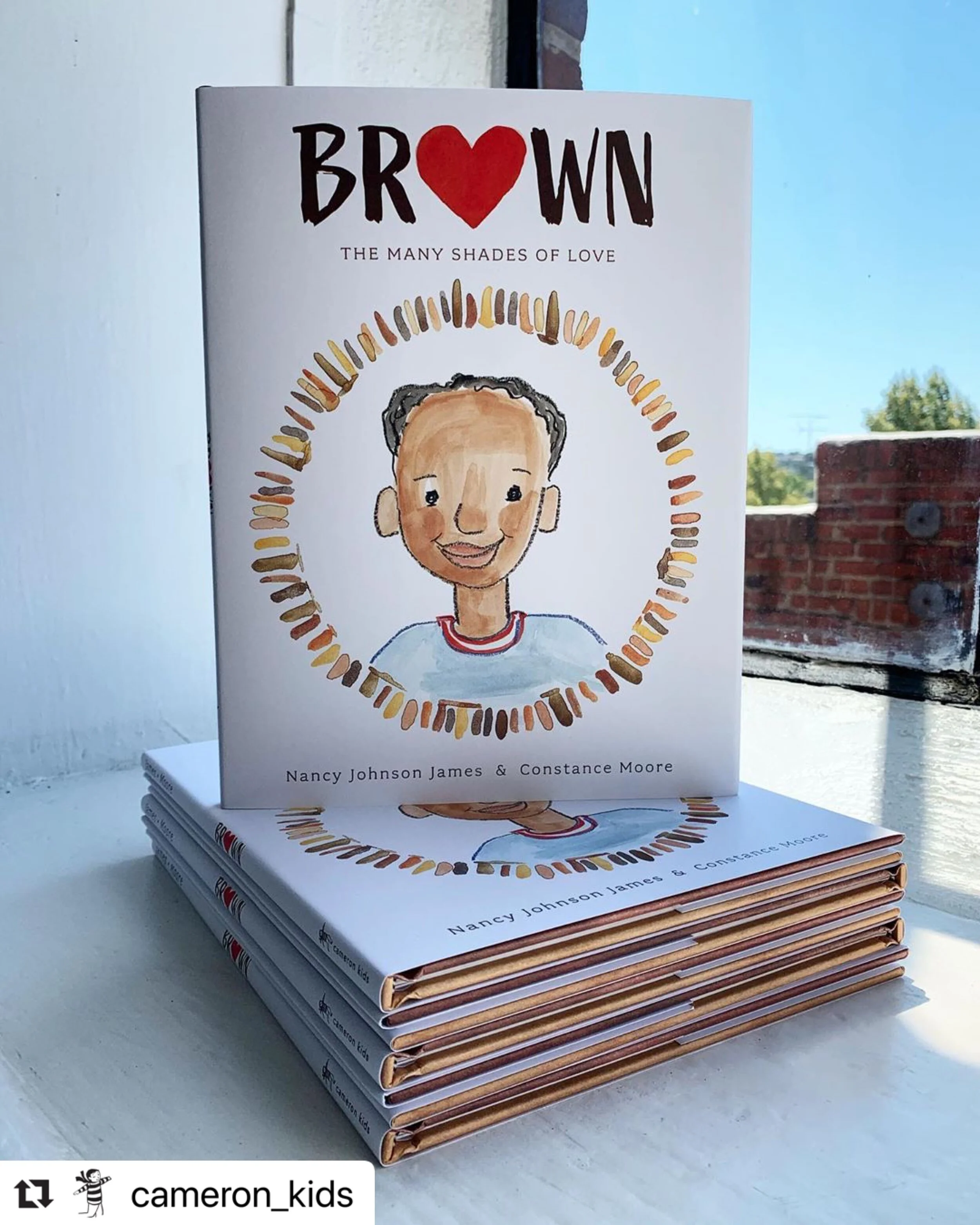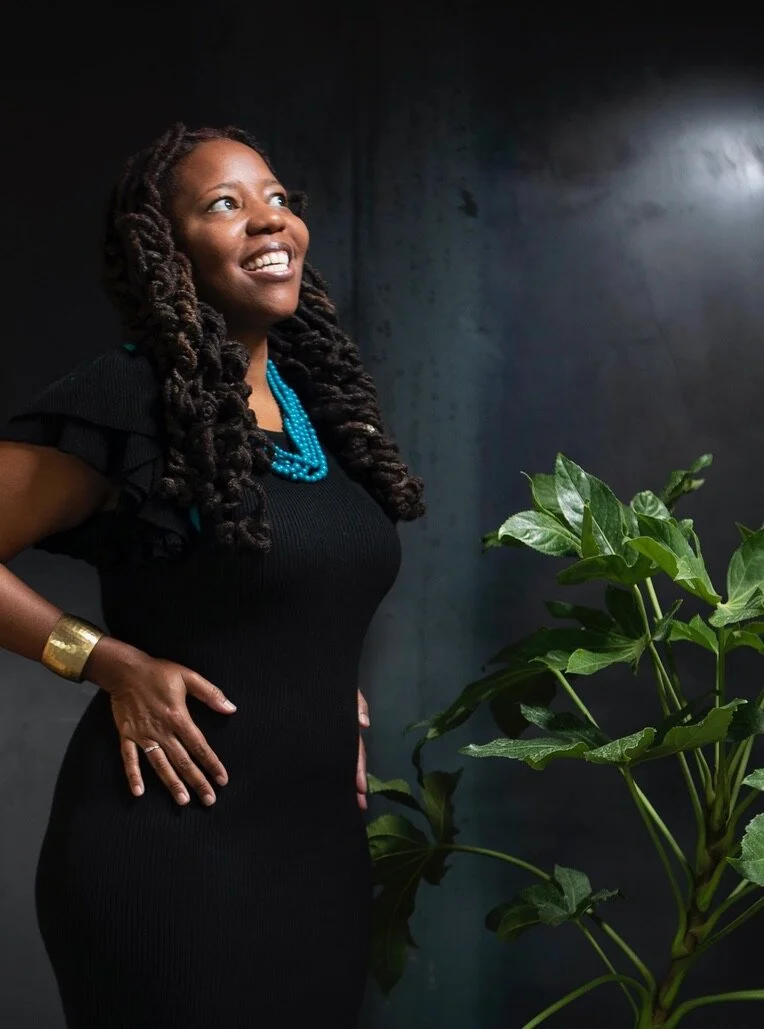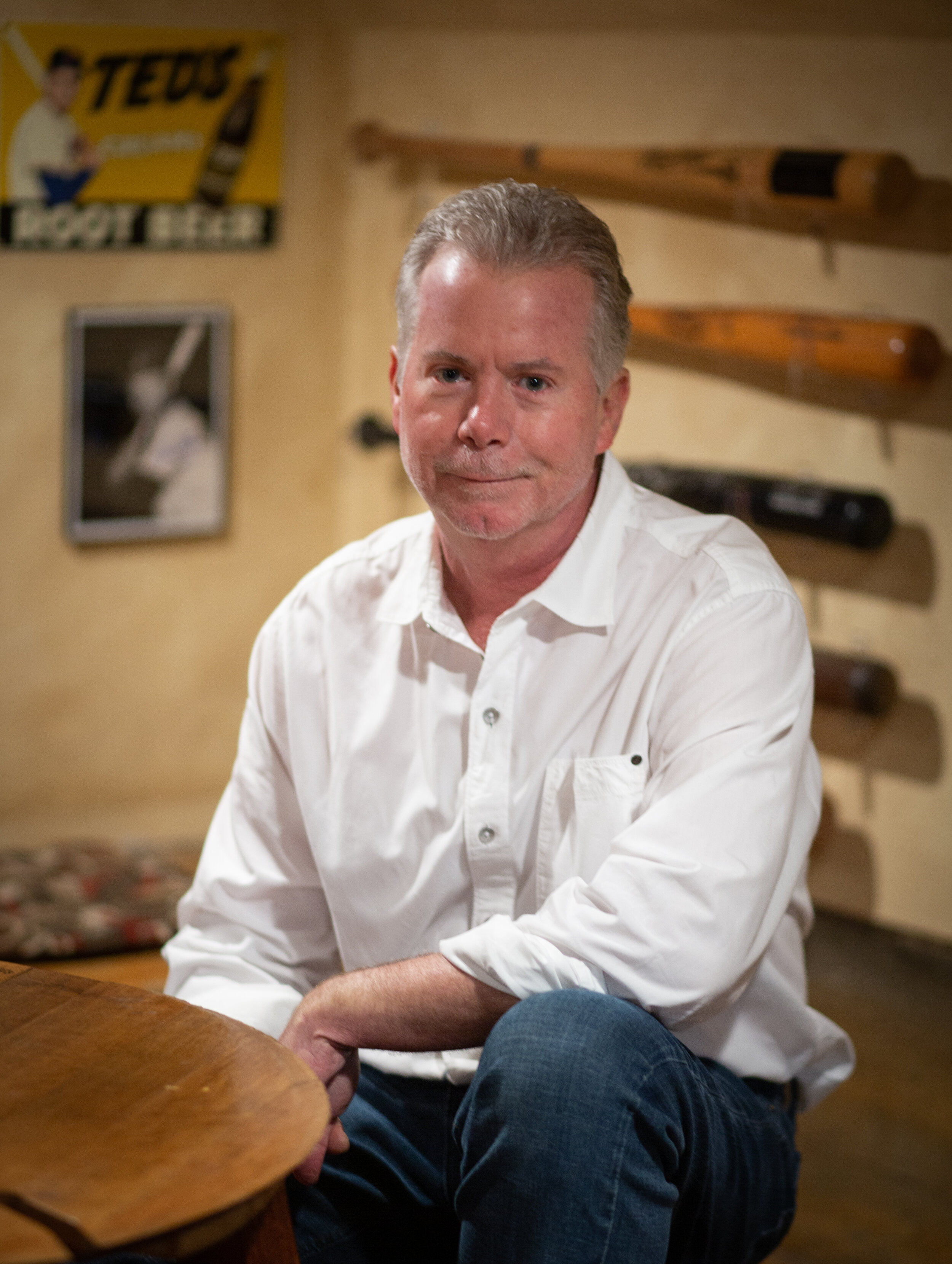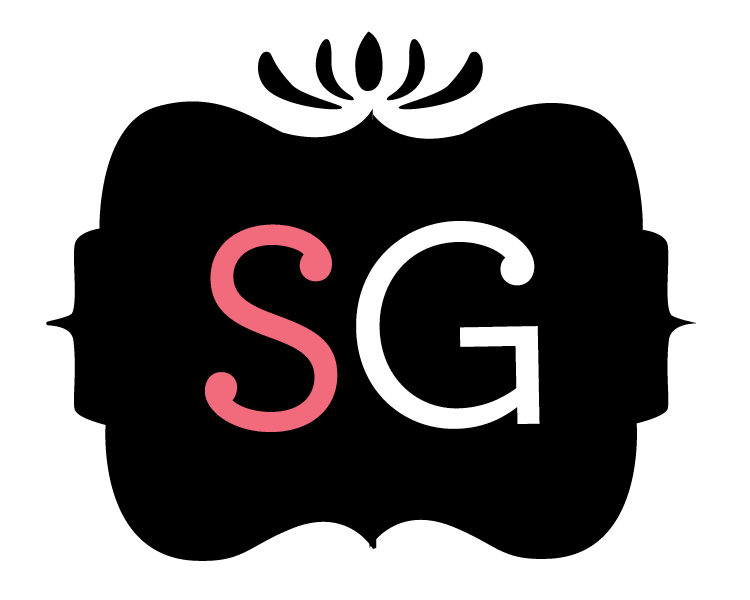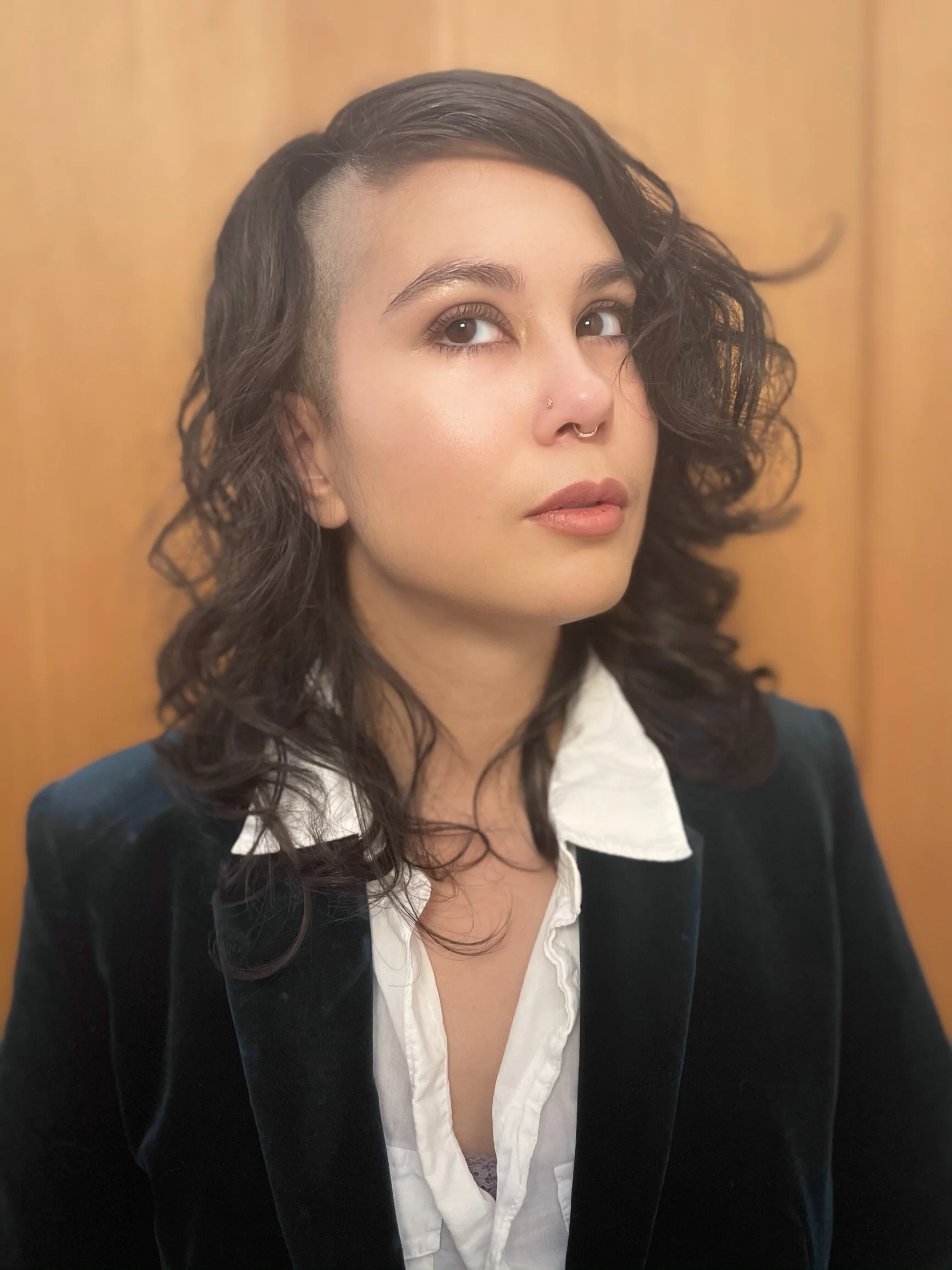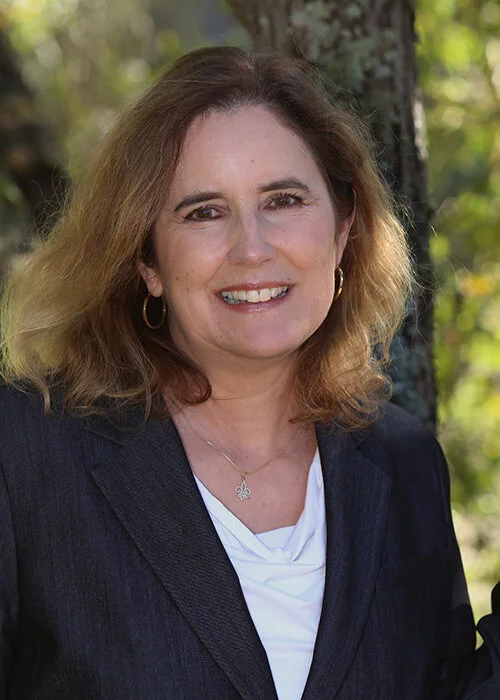No Vacation from a Racist World: Interview with Erika Abad
[Photo above: “Pre-quarantine, I would meet with other women and queer women of color at a Black queer owned café called Pour.” From left to right: Ashley Smith, Nicole Espinosa, Mary Whitehead, Ph.D, and Erika Abad.]
Erika G. Abad has been teaching for the University of Nevada Las Vegas’s Interdisciplinary, Gender, and Ethnic Studies Department since the fall of 2016. She recently guest edited Sinister Wisdom issue 117 “Lesbians in the City.” Days after its release, she published a reflection on the significance of Naya Rivera’s Santana Lopez for Latinx Spaces. She recently contributed “Risking our lives to be consoled” to Nevada Humanities Heart to Heart Covid 19 blog series.
Tell me a story.
My former partner, after I submitted my piece on mourning during covid tentatively titled, “Risking our lives to be consoled,” asked me why I asked her permission to write it. As a woman of color, I am aware that writing about our grief—individual and collective—can lend itself to being constructed as betrayal. When we write about it, we expose the frailty of how people traumatized and in grief, for a variety of reasons, can hurt people in ways that others can use to justify bringing additional harm or grief to people already grieving, causing further distress and an accumulation of loss, grief, and disrespect. She understood why all the while. The other day, she told me that my asking her compelled her to think there was something wrong with it. Having been integrated into a Black family, sharing in their grief over personal loss and the way anti-Black racism’s brutality cannot be escaped, I wanted to be careful and considerate. I wanted to name the vulnerability US Black people exercise in grieving as risking their lives. We lost someone after a long-battle with an illness in the midst of civil unrest in response to the brutal murders of Black women and men across the US—there’s no vacation from a racist world and yet, as weary as we were, we did our best—we still do our best—to avoid getting lost in yet something else we can’t change.
Tell me about a writing hero.
I suppose here would be a place to talk about a writer I love. I’d rather talk about my junior year high school teacher. He was the first one to sit with me—weekly, after school—to talk about craft. He talked to me about the way I thought, invested in helping me meet writing expectations in the essay. Those meetings every Thursday, in the midst of grappling with sexual assault disclosure, provided a sense of intellectual stability. I could keep writing, grow as a writer and not from a place of deficit. See, I went to a college prep East Coast Boarding school that fed ivy league institutions. As a non-linear thinker, I didn’t fit in there. But a free ride is a free ride and those Thursdays provided a foundation of gaining confidence to revise. My writing heroes are the editors who at my university’s writing center, help me get to the next draft. I struggled with the demands of publishing and genre conventions because not many educators outside of English are invested in giving you craft feedback—and people like Dave Beasley, Gina Sully before him—held weekly meetings with me, like Mister Scandling, helping me muddle through my beautiful chaos. So, when I think of heroes, I think of people like them, because as Nikki Giovanni once said good readers make good writers and I am grateful I’ve had so many great readers.
Describe your writing process in as much detail as you dare.
Pre-quarantine, I would meet with other women and queer women of color at a Black queer owned café called Pour. Now, I work to write right after I wake up or right before I go to bed. Sometimes, I journal. Sometimes I work on fan fiction. It is from journaling that my piece in Nevada Humanities emerges, “Risking our lives to be consoled.” When I swim or walk or whatever daily physical activity I choose for the day, I am carrying my characters, and my ideas, asking them where I should take them.
What do writing and sex have in common? How are they different?
For people like me who like sex and who like writing, it’s like stumbling towards climax. Whether the climax is the pleasure of a good image, a great story or the successful execution of a desired goal.
As I think through the list of how they could be different, things like consequences, trial and error, and sweat emerge—but I’m a writer and I’ve had sex so I know that writing and sex have those in common. I guess, for me, I have no problem talking about writing at work, about the pleasure it gives, about the all-consuming obsession I have with projects and tasks and language. I guess the difference is that I am not shy about talking about being obsessed with the craft of writing, whereas I’ve only ever talked about what I am learning in the trial and error of sex at sex-positive open mic’s like Dirty Queer (which is having a virtual event 11/14!).
What do you love about writing?
I got my first diary when I was 8. I remember how excited I was to have a place to put my thoughts, my dreams. When I was ten, I was filling journals and notebooks—new and old—with fantasy stories and what I thought were poems. Writing allows me to escape and create worlds. Almost thirty years later, writing still does that. Seasoned with the ways I used to get lost, I now catch myself. I love how writing reminds me of the possibility of growth and change. I am not the writer I was as a child; I do not write the same way I had last year. I love that writing changes with me.
***
I coax sexy writers like Erika Abad to reveal their creative secrets and processes in interviews to inspire you:
Follow Dirty Queer on Insta to attend the 11/14 event
Explore Erika’s writing on her blog.
Read Erika’s essay, “Risking Our Lives to be Consoled” on the Nevada Humanities Heart to Heart Covid 19 blog.
Read Erika’s essay, “Revisiting Naya Rivers's Santana Lopez: The Afro-Latina Who Deserved More Time” on Latinx Spaces.
Purchase Sinister Wisdom #117, “Lesbians in the City “ to read Erika’s essays, “Notes for a Special Issue” and “City Leaving,” and my essay, “Finding Roost,” and hear both Erika and me reading our work at Sinister Wisdom’s launch event last July.
Feeling inspired? Book a private session with me, The Sexy Grammarian. You always leave private sessions with homework and inspiration, and the first session is always free.

